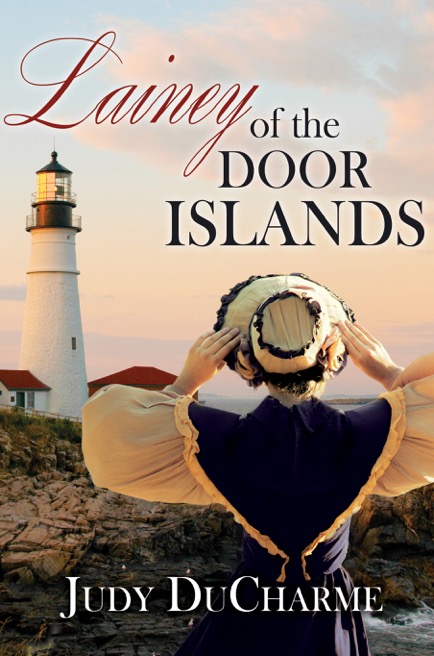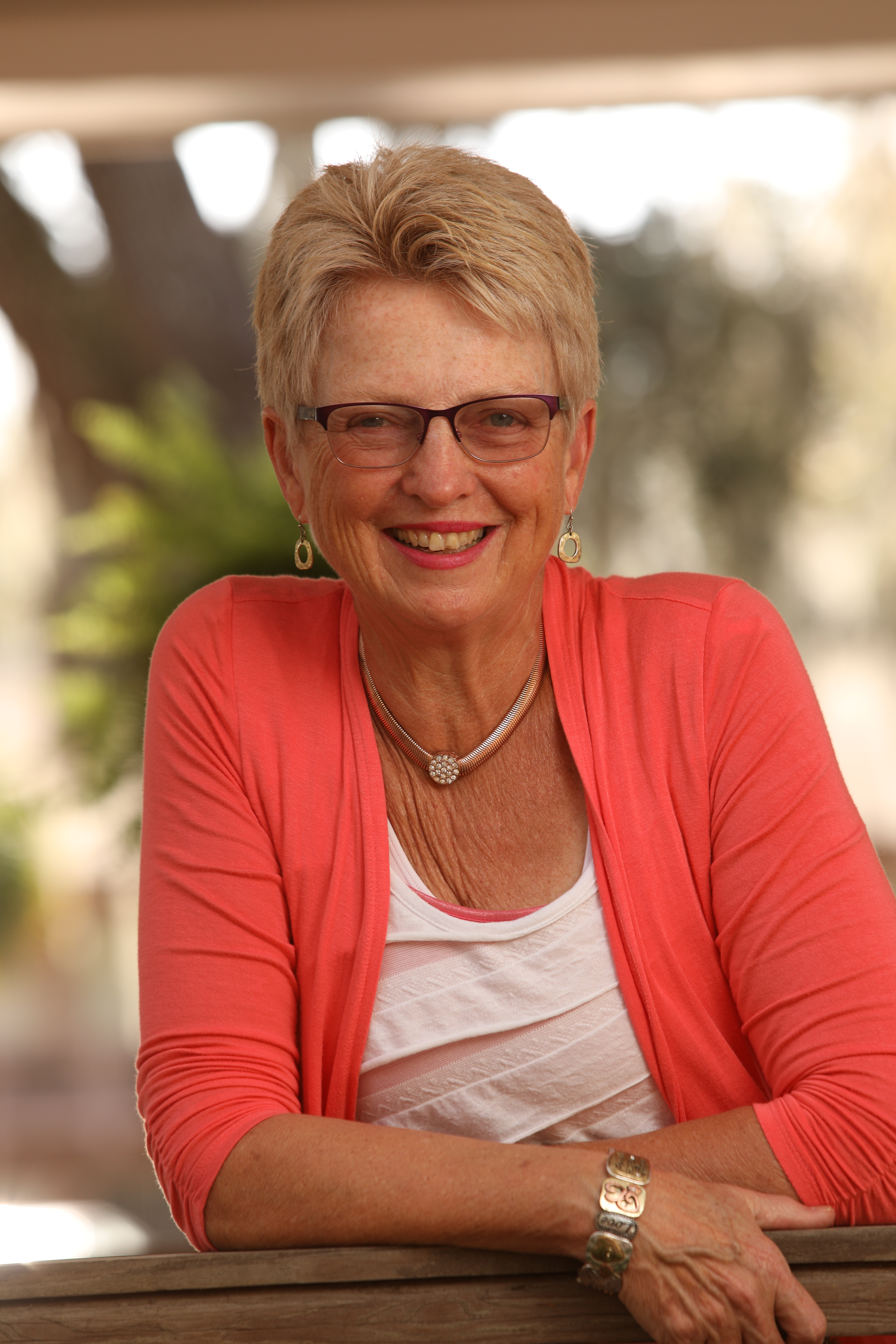In her novel Lainey of the Door Islands, Judy DuCharme brings history to life. Here, she shares the ins and outs of staying true to historical facts while using literary license to give fiction readers a great read. She has agreed to give a free e or paperback book to one commenter.

Lainey of the Door Islands uniquely tells the history of Door County in the late 1800s. I live in this huge tourist area, host to approximately three million visitors every year. Before I wrote Lainey, my seventh book, it just seemed time for a local book set in a place so many people love.
I pondered and prayed and then one day the beginning dropped into my spirit and I sat down and typed the first several thousand words in one sitting. I said to my husband, “I’m writing and I can’t stop.”
Then began the research. I had already visited the islands at the tip of Door County and several lighthouses, but now I revisited with notebook and camera (phone) in hand. I doublechecked stories I heard, talked with those who knew the history and acquired books that told about the lighthouses and shipwrecks.
I believe I did thorough research, but chose to not be bound to getting every single detail into the story. While being accurate, I allowed myself to embellish and weave the history into the story. Hopefully I didn’t info dump or drag through tons of background. It’s a tricky walk at times, but that’s where practice and critique groups help. Be sure to join critique groups – you need their eyes and instincts.
It’s important to realize that sometimes a line or two, a quick reference in the dialogue, can provide a great deal of information of the history and the setting. When I write first drafts, I often neglect the setting description as I just want to tell the story. I then must go back and provide that. I still need some reminders, but am much more aware than when I began writing fiction.
Remember, in your author notes, you can inform the reader that you changed a few dates, adjusted a bit of the setting. I don’t know if it’s a term, but I say I fictionalized it. You want to keep the spirit of the story, the strength, hardships, and joys of the people.
An added benefit to a local historical story is that it encourages travel to the area. I have friends who loved to go to Prince Edward Island because that’s where Anne of Green Gables took place. Hence, I made Lainey a tour guide and did 30-60 second videos of the places where she spent time in the book, posted them on Facebook, and encouraged people to also visit those places.
Here’s my advice: do the research with enjoyment, physically visiting the places, then embellish and weave those facts into your story. I think you’ll like the result and others will too.

Judy DuCharme grew up with Lake Huron next to her back yard and has always loved the water. She, her husband, daughter, and son moved to Door County in 1984. After teaching 5th Grade at Gibraltar School for 22 years, Judy followed the calling that tugged at her all her life to write. Lainey of the Door Islands is her 7th published book and she is the recipient of numerous awards. She also writes for Guideposts Magazine. If you visit Door County, you may find her hiking in the woods, jet skiing on the bay, worshipping at her church, teaching a Bible study, cheering for the Green Bay Packers, playing with her amazing grandson, or sitting outside enjoying the beauty around her.
Connect with Judy here:
https://judithducharme.com/, https://www.facebook.com/judy.ducharme.18, https://www.facebook.com/Judy-DuCharme-Author-1360359084069983, https://twitter.com/PackerJudy, https://www.instagram.com/leejudyducharme/

Hi Judy. Wonderful blog post! I love lighthouses, stories of lighthouse keepers,and historical fiction, so I am definitely interested in reading your book. Thanks also for the reminder about enjoying your research by visiting the places you write about. I have always loved doing that also. I’ll have to check out your videos on Facebook. Those are a great idea and really promote the book and gain fans!
All my best,
Barbara
Thank you, Barbara! There are several aspects of the whole writing and publishing process that aren’t always enjoyable — editing for me. And research at times can be tedious, but taking it to the next level of enjoyment truly is a blessing in our writing. And it’s so much fun to learn history in the novels we read.
Barbara, please pm your address for your free copy of the book. If you prefer an ebook, I’ll need your email. Thanks and enjoy! Judy DuCharme
Wonderful to “get a peek behind the curtain” of how a successful fictionalized historical book comes together. As a non-fiction writer, I too love to research and make sure I represent the facts accurately. I love how you can meld the art of creative writing with facts to tell a story. A master weaver of words I should think. God’s blessings.
Thanks J.D. — I’ll have to take a look at your sci-fi books sometime. It’s fun to learn from our fellow AI Authors — AI’s been good to us.